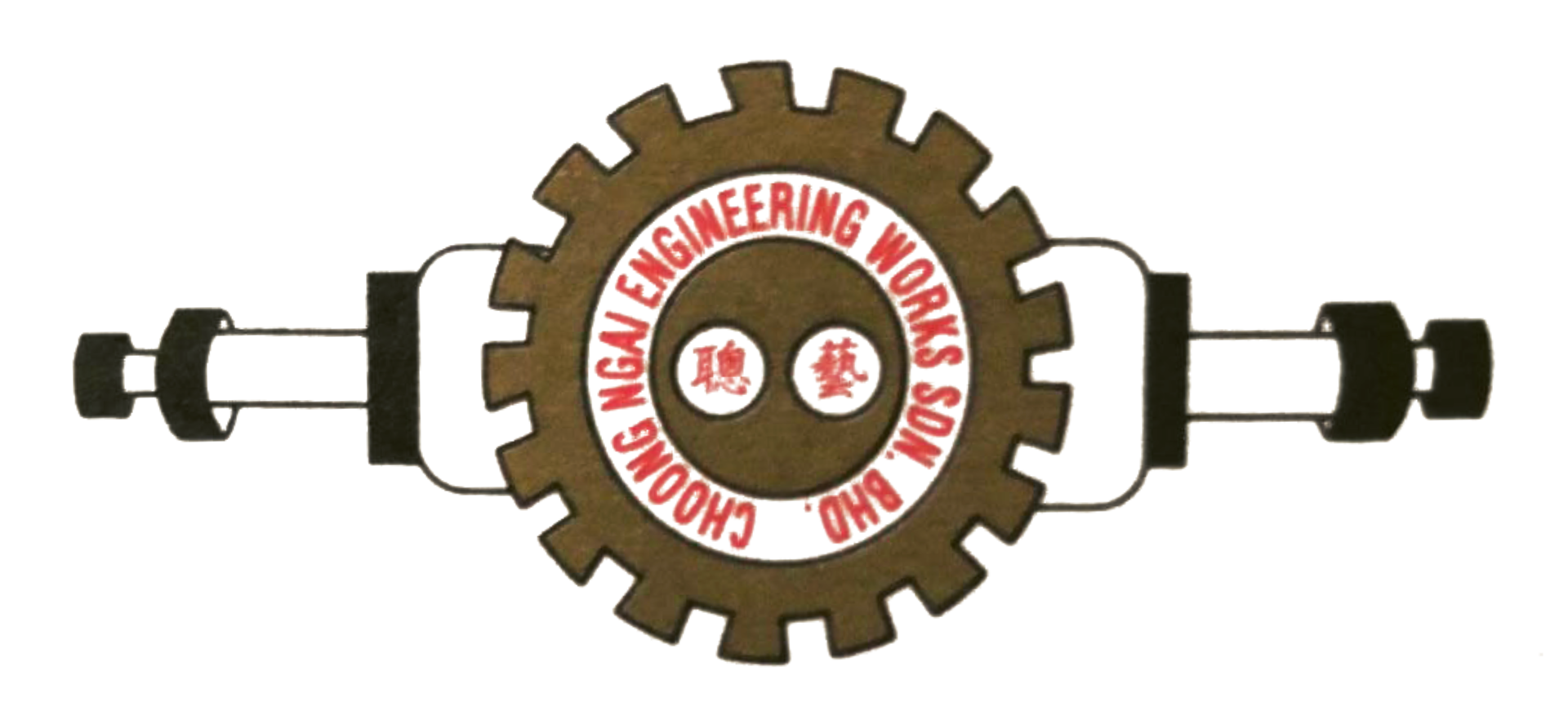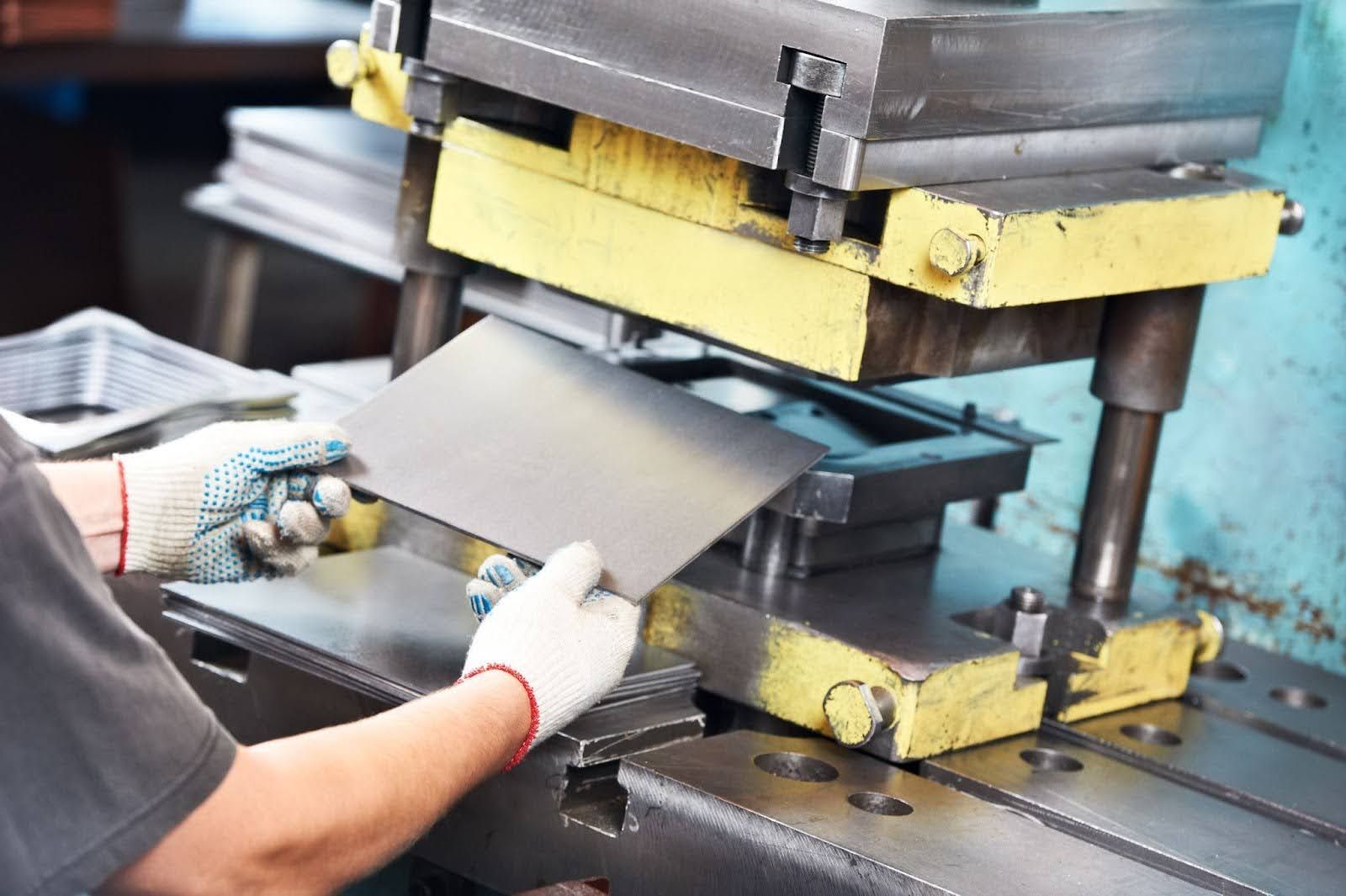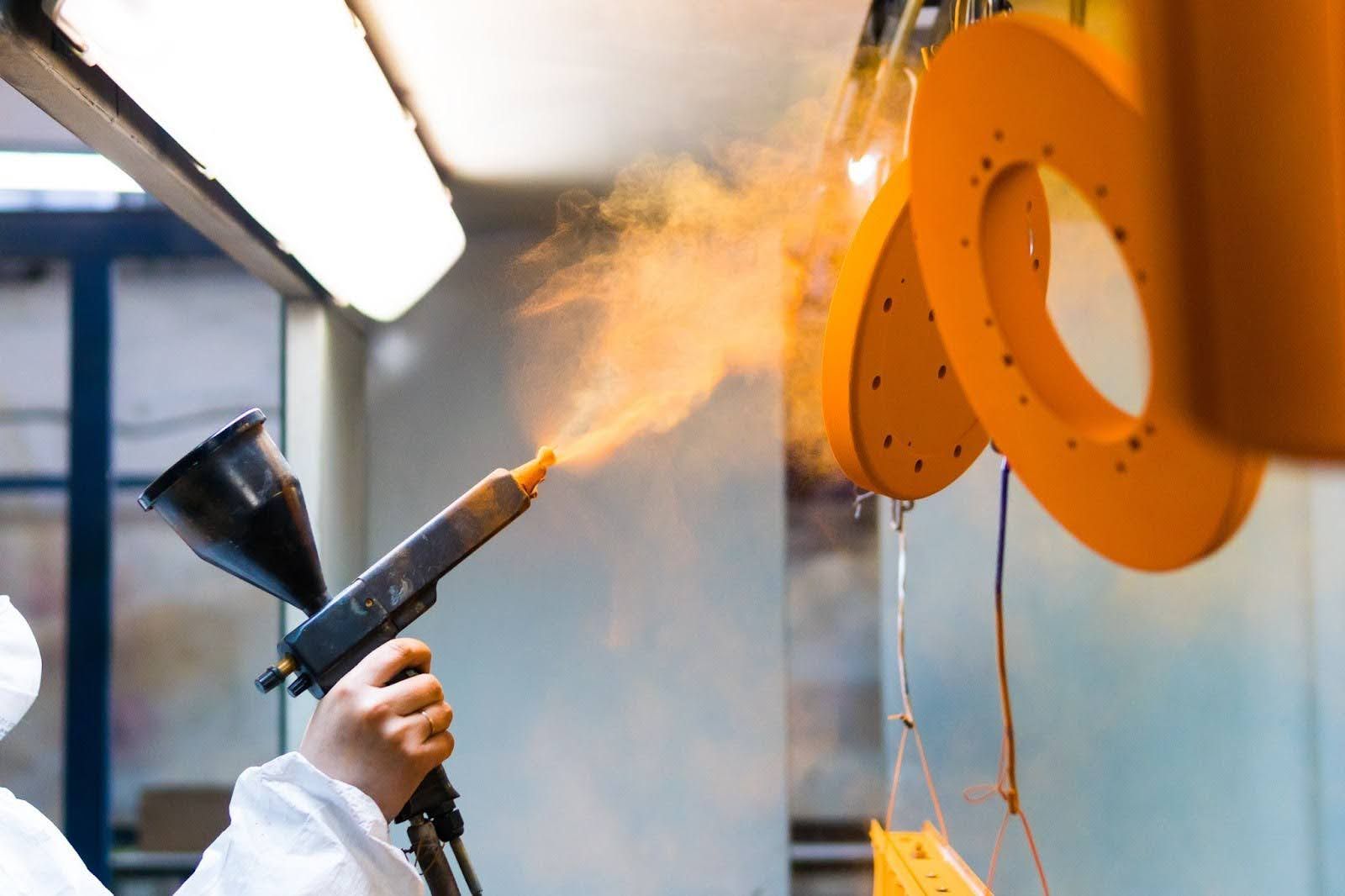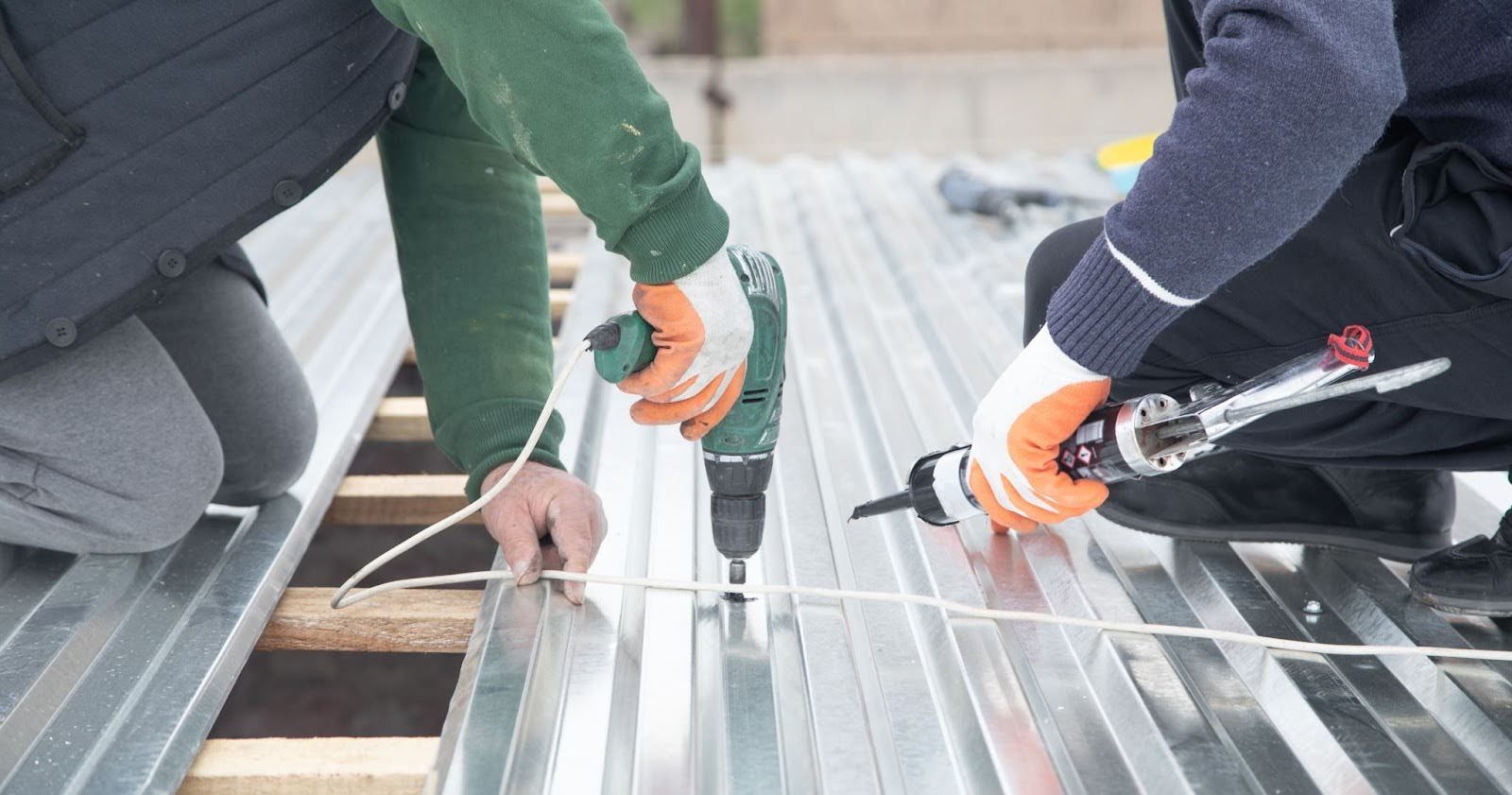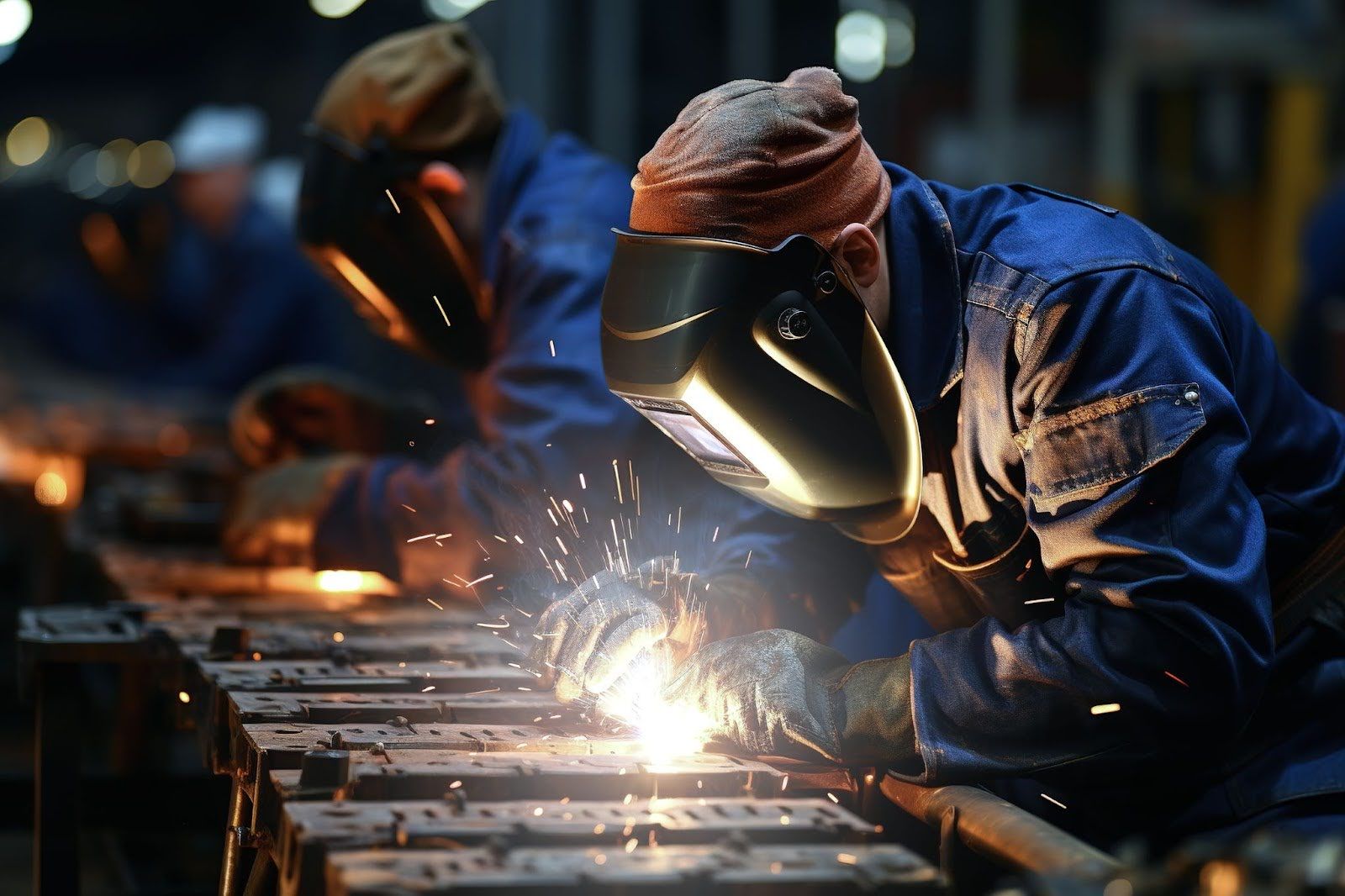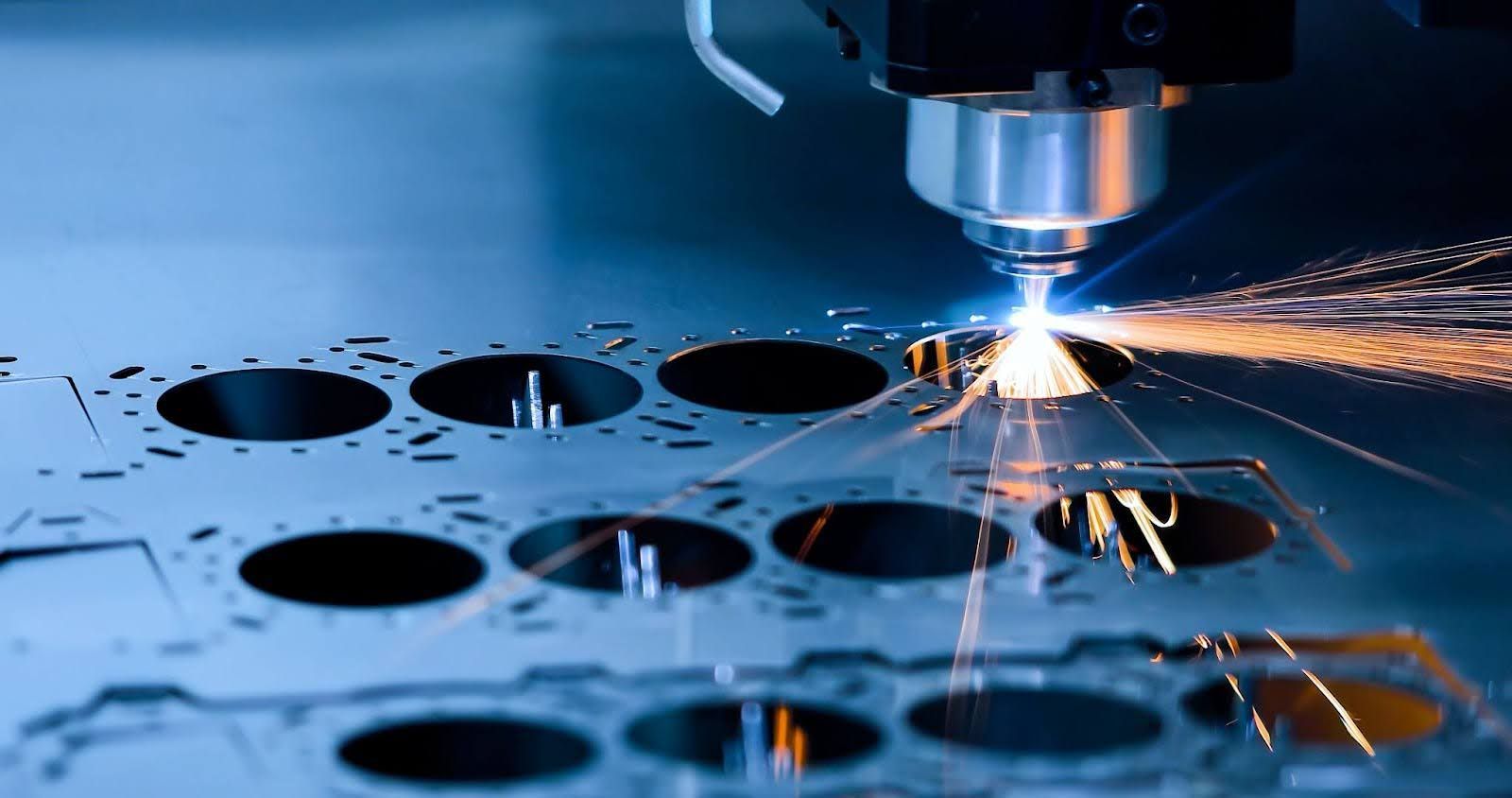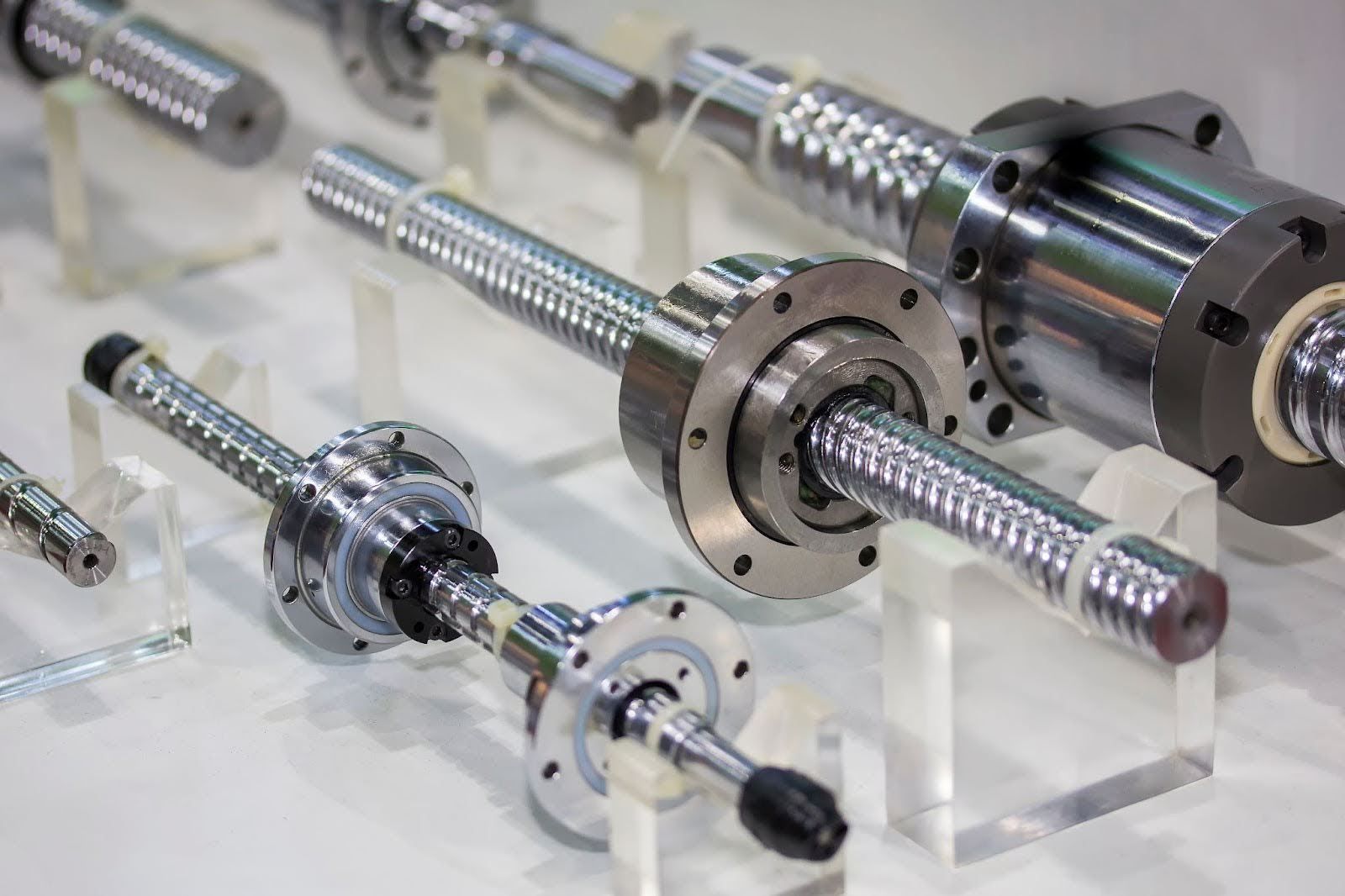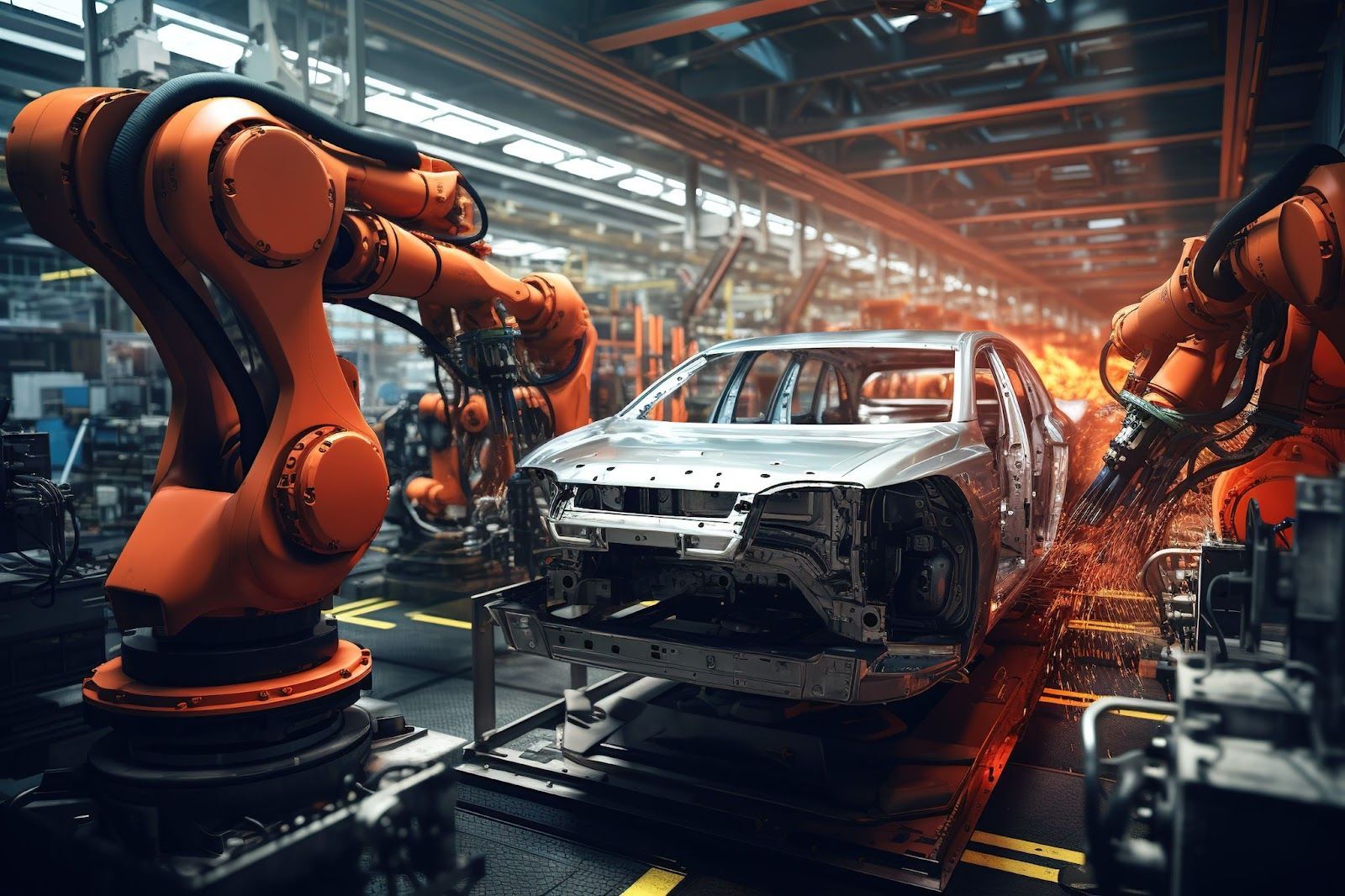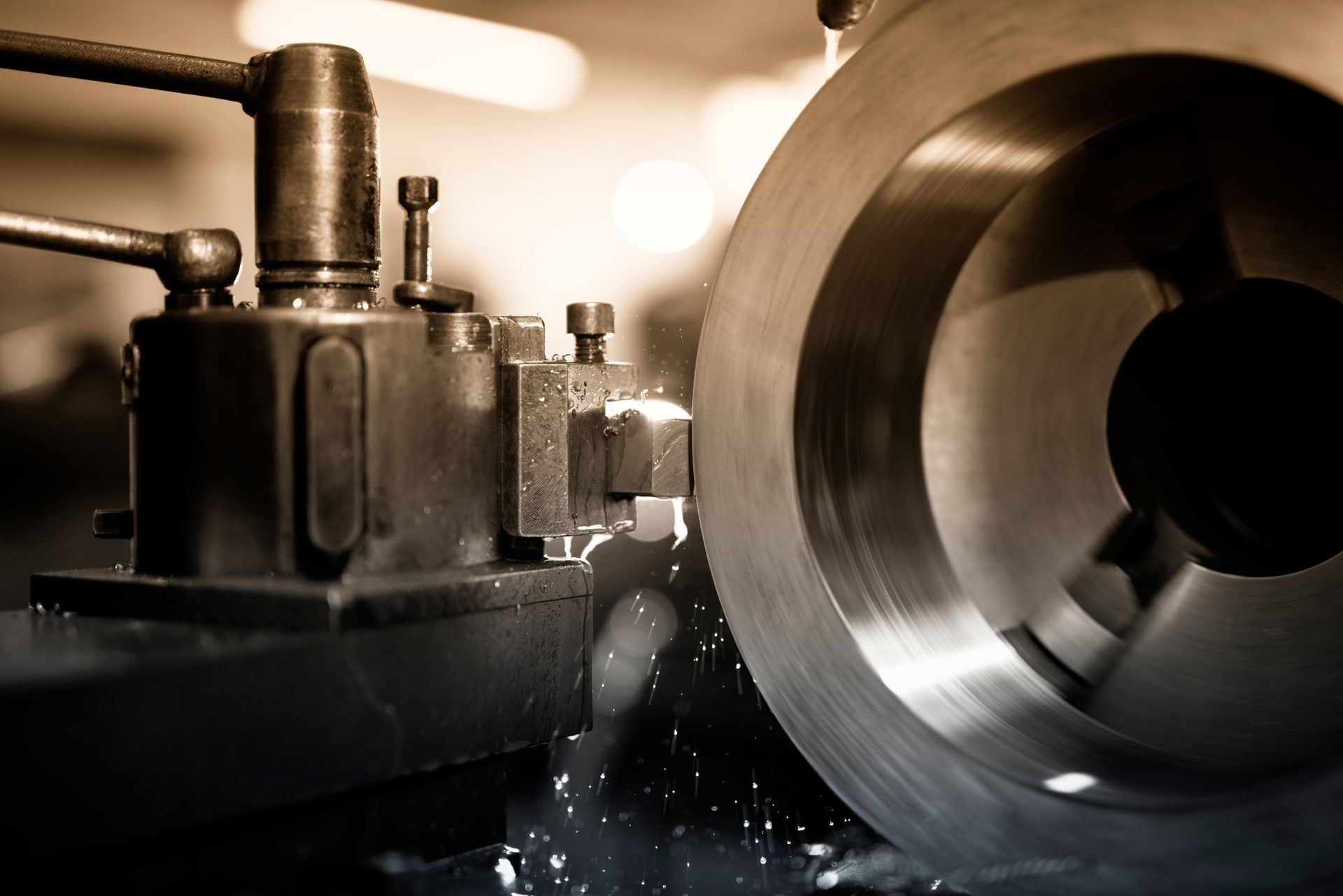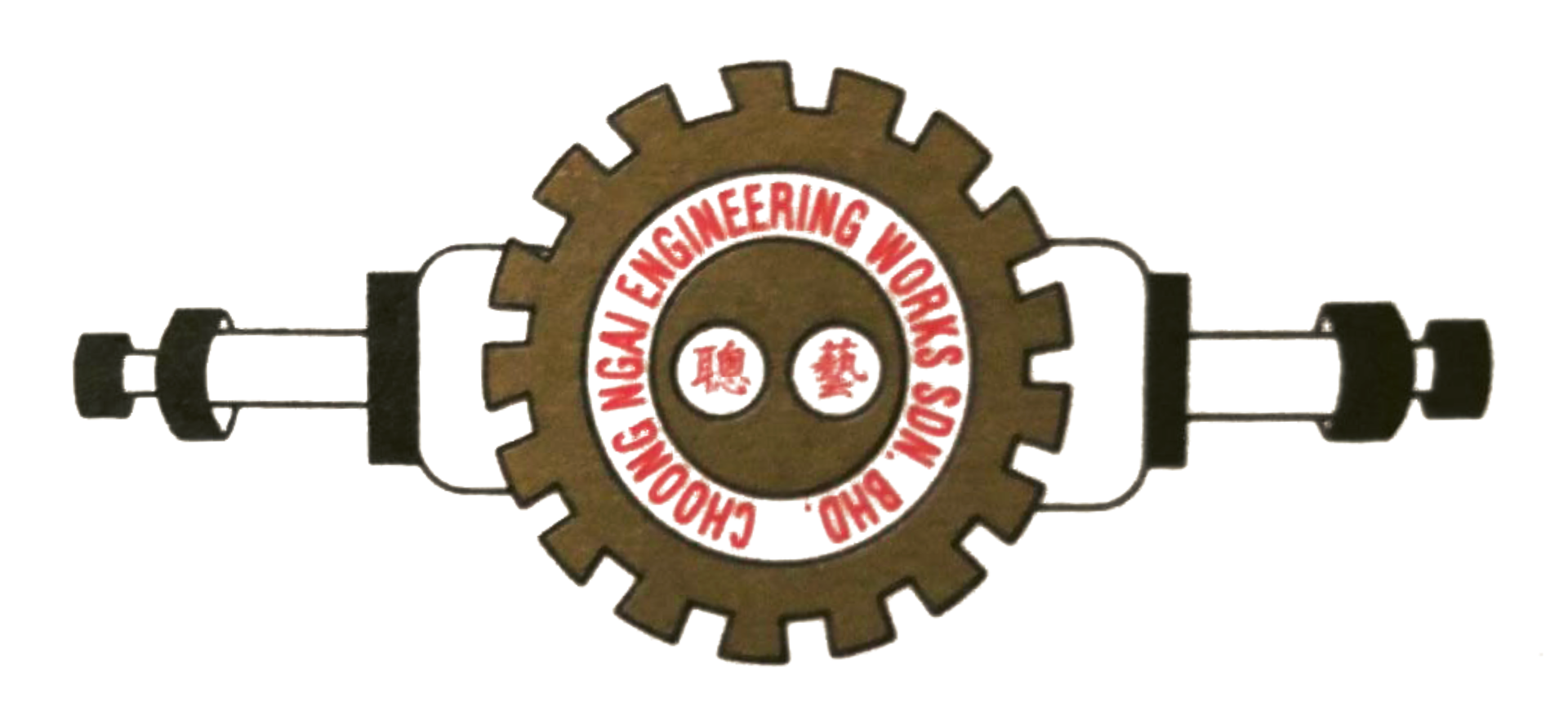Does Your Heavy Machinery Need Repair ? Find Out Now
Even though heavy machinery often carries the reputation and name of being heavy duty, it's a little known fact that industrial equipment often relies on extreme precision. All it takes is one out-of-square part or component to bring the whole machine grinding to a halt. Most of the time, equipment repair of machinery is necessary if you always use heavy machinery frequently.
That's why heavy machinery maintenance, repair and having your fabrication parts of machinery heavy precisely is so important. In fact, a reliable equipment repair of machinery service provider can save your business costs, time and many other benefits.
5 Effective Tips On Heavy Machinery Maintenance
That said, preventive and regularly scheduled maintenance is vital to the efficiency and life of your heavy or large machinery.
Here are five general tips on heavy machinery maintenance that can make a big difference to whether your machinery needs an expensive replacement or just a repair!
1. Maintain A Daily Record Of Operation Details
Large machinery wear and breakdown can often depend on who's the operator using it. Unskilled handling, for example, brings wear and tear much faster than those who are competent and properly trained to do so. Keeping records of machinery use and monitoring daily operations can help pinpoint when and where the machinery is being used by every operator.
This way, you can repair problems that can be caught early, and breakdowns or expensive replacements can be prevented.
2. Maintain A Schedule Of Planned Maintenance
Components break down, and the wear on your heavy machinery is of course, inevitable.
Hence, it's wise to establish a timeline for the expected life of all components and replace them on schedule. That said, part replacements should only be done by knowledgeable technicians.
For example, bearings are key components of heavy machinery equipment that are easily damaged or worn.
Hence, bearing housings should regularly be maintained, including inspection for corrosion and wear, and replaced when necessary. A maintenance log should also be kept to ensure regular checks are not missed and compliance is measured.
3. Be Sure To Lubricate Parts And Maintain Clean & Care
It's an understated fact that many of today's working heavy machinery requires daily maintenance at the minimum.
Many components of today's heavy machinery, especially moving parts in engines and power trains, demand frequent lubrication for both efficiency and safety sake. Other components, such as hydraulic lifts and bearings, must be monitored and lubricated at its first sign of need.
On the other hand, contamination of even water can often lead to heavy machinery breakdown as water is a major source of corrosion. In this case, lubrication plays a key role in preventing corrosion. Hence, maintaining seals and replacing filters will help keep lubricants free of contaminants.
4. Regularly Inspect And Monitor Components For Wear And Damage
A planned maintenance schedule can predict component wear effectively.
This can be a simple routine visual inspection of components on an ongoing basis to monitor wear and prevent equipment failure.
Components that must be replaced early may signal a larger problem that needs to be diagnosed. Check belts, pulleys and chains for alignment and condition. Inspect gears and sprockets for broken teeth, cracks and misalignment.
Fluid analysis should also be part of a regular maintenance schedule. This analysis of used lubricants and other fluids is an excellent way to diagnose problems and prevent machinery wear and breakdown.
5. Protect Your Heavy Machinery Equipment During Storage
Lastly, most large machinery should be stored under cover whenever possible. Motors, turbines, mixers and other equipment should be rotated frequently. Inspect idle machinery for rust, condensation and contamination. Also, it's important to not forget to check all lubricants.
Benefits Of Regular Heavy Machinery Maintenance
Owners, managers and operators of heavy equipment always aim to use it for the maximum possible number of operating hours it’s designed to provide, and perhaps even beyond that. Many things affect the lifespan of a machine, but the number one factor is maintenance.
#1 Regular Maintenance Prolongs The Life Of Your Machinery
A well-maintained machine will last longer than one which is not. For example, two loaders of equal age in comparable environments and conditions may have dramatically different lifespans, depending on how they’re used and maintained. Properly trained operators and regular maintenance keeps a machine humming along, while poorly trained operators and no maintenance will cause delays and mechanical breakdowns.
These problems cost money, and regular maintenance can prevent many problems that will affect the eventual lifespan of your machinery.
#2 Regular Maintenance Preserve The Value Of Your Machinery
The next benefit of preventive maintenance of your machinery is that it preserves the value of the equipment. Keeping machines in good working order extends equipment life and keeps operators safe. It also ensures the availability of the machinery.
Early detection of problems allows repairs to be made before the situation worsens. Machinery that does not need to be taken offline for extensive repairs will also avoid production interruptions.
#3 Regular Maintenance At A Fixed Schedule Promotes Safety At Work
Good maintenance is important for worker safety. This is because large machinery maintenance can be dangerous. It is often conducted in close contact with running machinery. The conditions can be closely confined, and a wrong move can result in grievous bodily harm. There is often time pressure involved as well.
With regular, fixed maintenance, we can eliminate all factors that can cause accidents during heavy machinery maintenance.
Preventive maintenance and scheduled equipment overhauls can diminish the chances of large machinery breakdown and thus lessen the risks that technicians face in onsite repairs. Accidents in the workplace are also significantly reduced.
Looking for fabrication parts or equipment repair of machinery? Try Choong Ngai Engineering
With Choong Ngai Engineering's veteran technicians and engineers, we can provide fabrication parts of machinery or repair services regardless of which industry your business is in.
Most importantly, we'll work alongside you and your team to understand and define your exact requirements, and this process ensures that we provide the best solution to your unique maintenance requirements.
With our tailored equipment and techniques, we've been servicing happy customers for over 20 years. Learn more about
our services and previous projects on our website or contact us at
choonngaiengworks@gmail.com
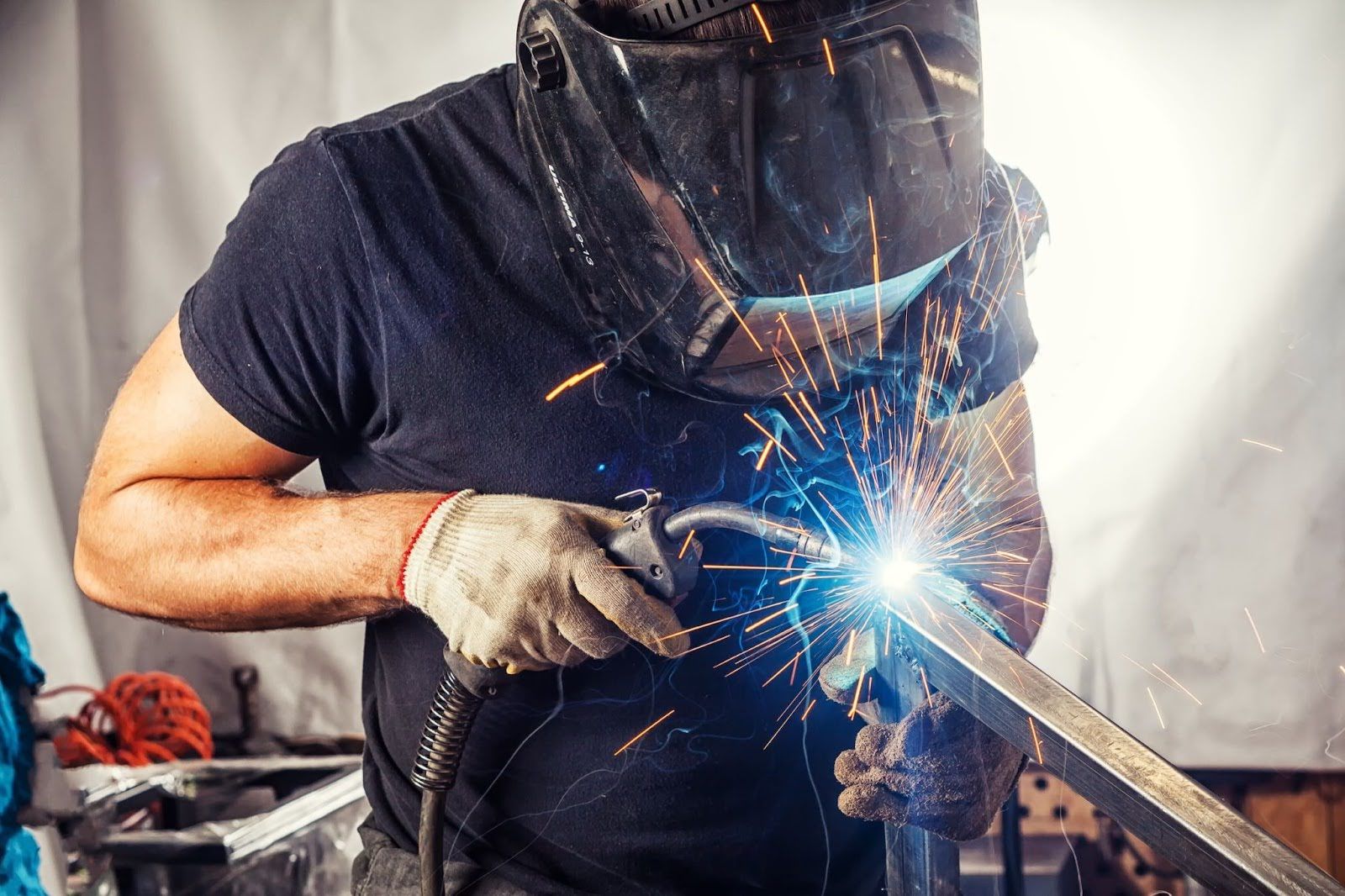
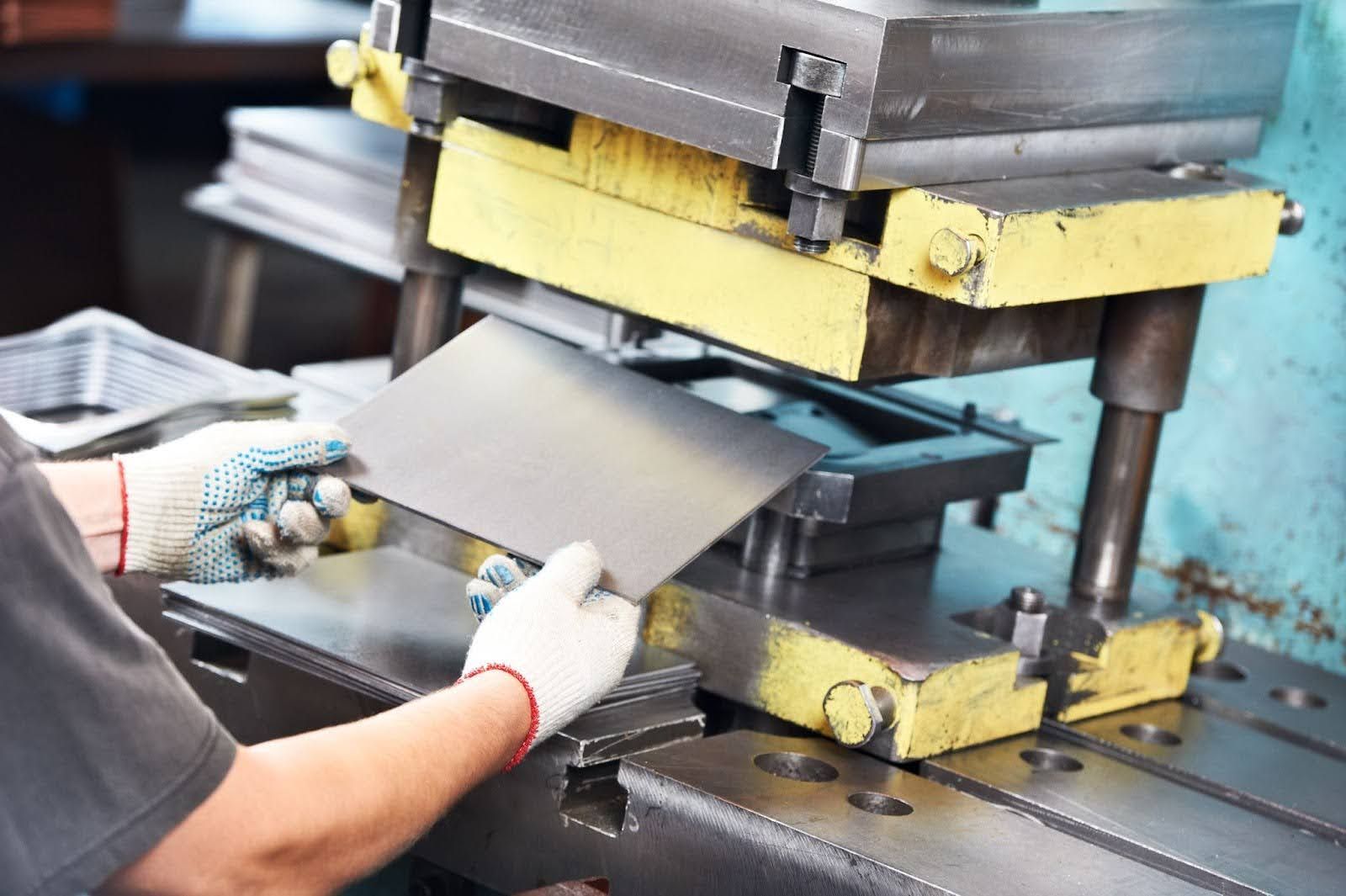
CHOONG NGAI ENGINEERING WORKS SDN BHD
is managed by a team of experienced professionals who ensures that our jobs are completed satisfactorily in a timely matter. We prioritise on our clients' needs and believe that our clients are entitled to the best services available.
QUICK LINKS
CONTACT
243A, Jalan 2A, Kampung Baru Subang, 40150 Selangor Darul Ehsan, Malaysia
Choong Ngai Engineering. All Rights Reserved. Website Designed by Heroes Of Digital.
